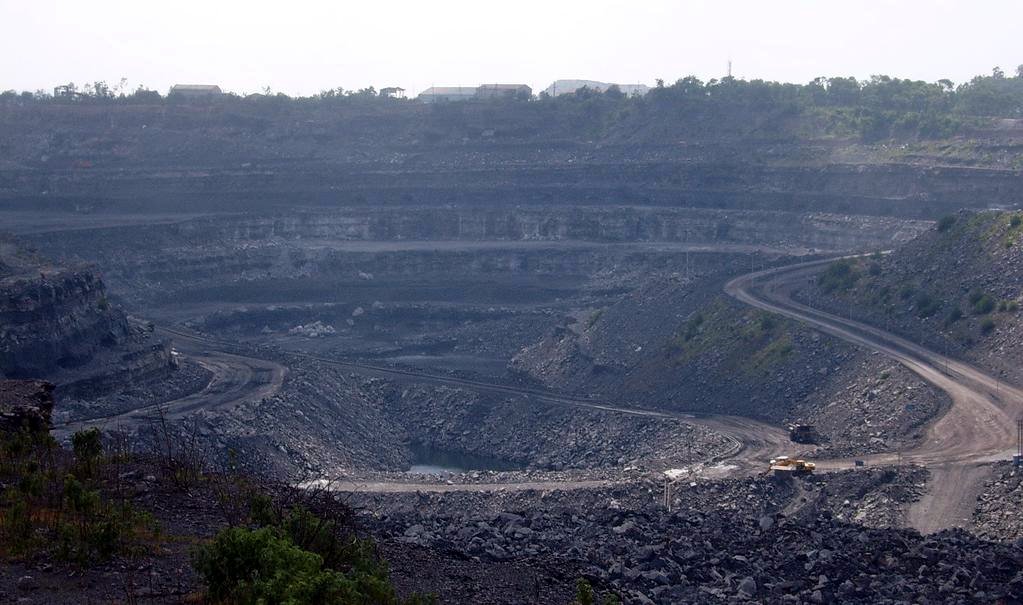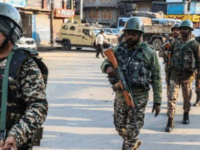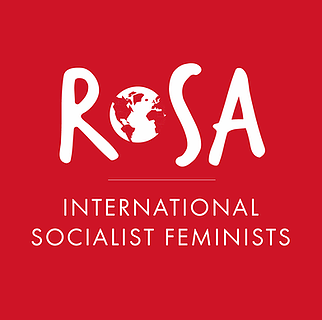Billionaires Vs Tribal Population

India has always been portrayed by capitalist apologists as a success story of capitalism but, in reality, there is a dark underbelly. One element of this is the land grab of tribal and farming areas, a decade ago openly described as the “the biggest land grabbing since Columbus.” Typical is what has happened in Bastar.
Bastar district grabbed by Tata
There is a strong concentration of wealth among a few super-rich capitalists in India. The names of Ambani and Adani keep coming up. There is also Ratan Tata, the owner of one of the largest Indian companies. He is the owner of TATA Enterprise, which was set up by his grandfather and soon became a very large company. Ratan Tata is presented in India as an example of modesty and charity, a great philanthropist and a model for capitalism.
However, there is another side to this. In the early 2010s, the Tata company appropriated a large plot of land in a tribal area in the Bastar district, in the state of Chhattisgarh. In the decade since then, no government has been prepared to deliver any justice for the tribal people of India whose lives are still under threat.
Chhattisgarh is a state largely dominated by tribal communities, many of whom live in the dense forests. Tata decided to set up a steel plant there, coincidentally in an area inhabited by tribal people. They have lived there for centuries, where they farm the land, which is their only source of income. It also defines their identity. The capitalist elite stigmatises them as backward and refuses their let them get involved in society. The ancestral villages disappeared without proper compensation and, above all, without the prior consent of their inhabitants.
Anti-Development narrative
The general narrative against the tribal population is that the rights they are claiming are false and ‘anti-development’. They are presented by the capitalist media as an obstacle to the development of the region. Efforts to dehumanize them are used to justify the crimes of large corporations.
The local authorities play a disingenuous role in the landgrab. The Bastar district administration in Chhattisgarh did everything possible to make things easy for Tata. For instance, there was a legally mandated public hearing, but without following the proper procedures. Officially, the affected villagers should be heard. But the hearing itself was held at the district government offices, 30 km from the affected villages.
The objective was clear: to keep the villagers who were opposed to the project away from the hearing. The entire drama was enacted to show that the mandatory public hearing was held. But it was a sham by the district administration that included only a few affected villagers, but mostly people who had been hired by the district administration or had an interest in the Tata project.
The steel plant that was promised would develop the region did not materialise. After the lives of the villagers were turned upside down, Tata decided that the steel plant would not be profitable enough and the plans were withdrawn. The result was that the land was taken from the villagers without any compensation, and no steel plant was built. Once again, working people and the oppressed fell victim to the profit motive.
The working class and the oppressed must respond
This was not the first time that the indigenous people have been cheated by the capitalists, and it will not be the last. The working class and the oppressed must turn not only against individual capitalists and their corporations, but against the whole system. The tribal villages are insulted by the bourgeoisie as ‘backward and illiterate’. Together with the working class in the urban areas and other oppressed people in the rural areas, the villagers can make it clear that they are not alone in their struggle for rights.
This struggle is part of the wider resistance to the capitalist class and its attempts to subjugate workers, peasants and other oppressed groups alike to its relentless pursuit of profit. No hope can be placed in the governments and corporate parties: the tribal people of Bastar have known three different governments in Delhi, but none has taken their demands seriously. The reason is that they all defend the interests of the capitalists.
The central government is currently seeking to increase coal production to 1 billion tonnes in response to the global energy crisis. This again threatens many tribal communities in the eastern states of Orissa, Jharkhand and Chhattisgarh. 55 new mines are planned and the expansion of 193 existing mines. In 80% of the cases, the land belongs to the indigenous people. Any protest against the projects is dismissed as ‘anti-national’. Increasing coal production will also have terrible ecological consequences. Internationally, Modi likes to portray the country as green and in balance with the planet, while almost 70% of the country’s electricity comes from coal.
The working people and the oppressed must defend their interests. This is done by organising ourselves and waging the class struggle. Together with all the oppressed, we are stronger in this. This can form the basis for socialist change in which any form of development is democratically decided by the workers, villagers and the community at large. Only then will development occur with respect for the majority of the population, the environment and the ancestral traditions of tribal peoples.





